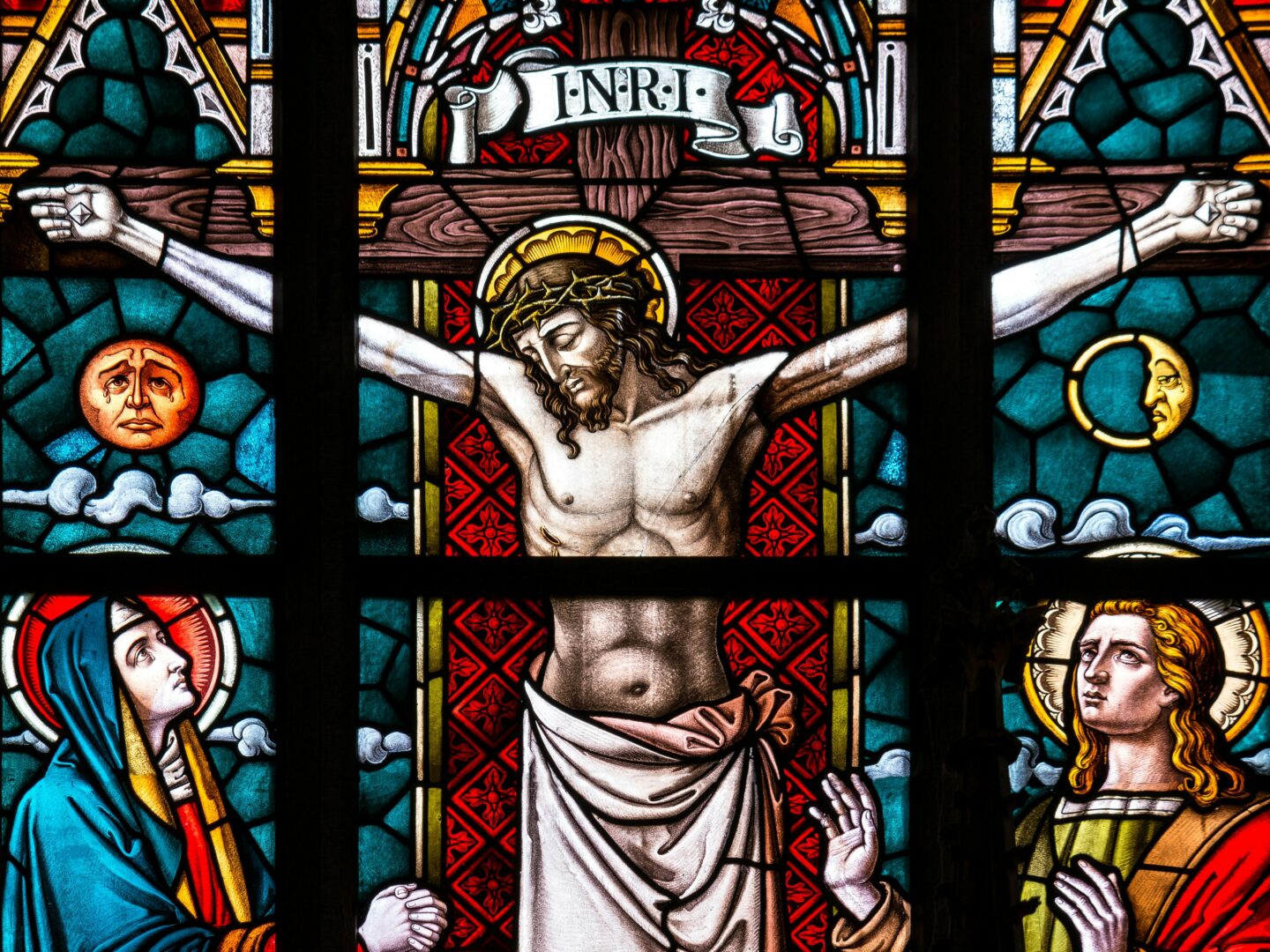As the calls for Mitt Romney to release his tax returns grow louder, and concerns about his undisclosed millions in offshore accounts increase, I wonder how the presumptive Republican nominee reconciles his great, secret stores of wealth with the principles of his Mormon faith. For Mormonism, as much as conventional Christianity, decries the hoarding of riches. ‘Wo unto the rich,” says the Book of Mormon. ‘Their hearts are upon their treasures.’
One possible explanation is that in faith, as in business, Romney is a bean counter, a charts and graphs guy, whose search for the right answer blinds him to the nuances of the big picture. “Wealth is a moral dilemma in Mormonism,” Vanderbilt religion professor Kathleen Flake says. “And it’s left to the individual member to navigate that.” Conveniently, the Church of Jesus Christ of Latter-day Saints offers its members guidebooks and pamphlets that lay down, point by point, recommendations on how they should live. Think of them as PowerPoints to faith. They might grant a literal-minded person, such as Romney, a reprieve from having to struggle with his conscience over the consequences of his great wealth.
A guide called “Provident Living” describes the church’s preferred approach to money matters. Mormons should be frugal, industrious, debt-free and self-reliant. They should keep three months of food and water in storage and have a family-emergency-action plan in place in order to be prepared for any eventuality.
In addition, according to “Provident Living” and other materials, LDS members should tithe. They should use credit cards sparingly and to buy used goods until they can afford quality new ones.
“Purchasing poor-quality merchandise always ends up being very expensive,” Mormon elder Marvin Ashton writes in a 2006 LDS publication called “One for the Money.”
To live providently means to save money, according to LDS materials. Members should have at least three months’ cash in reserve in their bank accounts. “Set your houses in order. If you have paid your debts, if you have a reserve, even though it be small, then should storms howl about your head, you will have shelter for your wives and children and peace in your hearts,” then-LDS President Gordon Hinckley said in 1998.
Along with being fiscally responsible, Mormons should care for the poor and serve others, according to the tenets of “Provident Living.”
In one sense, Romney seems to have followed the tenets of “Provident Living” to the letter. He tithes. He is frugal. According to news reports, he delights in scoring the lowest-price airfare, and he drives his own U-Haul. Obviously, he has a financial reserve far beyond what he and his family need for a rainy day.
But Romney, it seems, has missed the spirit of his faith — or, as evidenced by his offshore stash, is selectively interpreting it. Joseph Smith, the founding prophet of Mormonism, taught that there is no shame in money earned through industry – “the riches of the Earth are God’s to give, but beware of pride.” But Smith, like Jesus, had a profound loathing of income inequality. The earliest LDS communities, in fact, embarked on an experiment they called The United Order, in which they shared all goods, property and profits, according to their needs. So radical was this approach that for generations Mormons were thought to be socialists. “The Saints were organized to be equal in all things,” an LDS scriptural text says.
Caring for the poor is a primary obligation of every good Mormon. You “will succor those that stand in need of your succor; ye will administer of your substance unto him that standeth in need; and ye will not suffer that the beggar putteth up his petition to you in vain, and turn him out to perish,” says Mosiah 4.
Romney’s supporters, Mormon and non-Mormon alike, undoubtedly believe that his willingness to forgo a salary to organize the Olympics and then run for president – twice – is evidence that he is living out his faith’s commandment to serve his fellow humans. Clearly, Romney is committed to public service. But his career at Bain suggests a lack of concern for people affected by his actions. And the tax returns he has released reveal a disinclination to share his wealth with his fellow citizens.
If he is elected president, how can reconciling his tax and spending policies with his faith be anything less than challenging?
Whatever the dictates of “Provident Living” might be in the White House, the Book of Mormon is clear in its warning: “The people began to be proud because of riches.”
